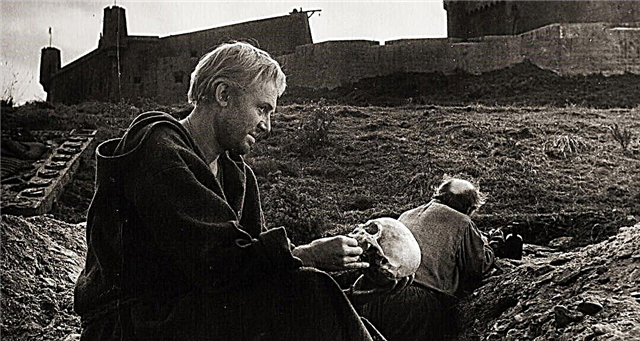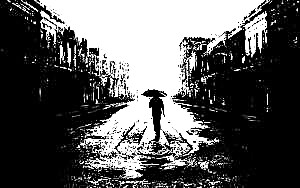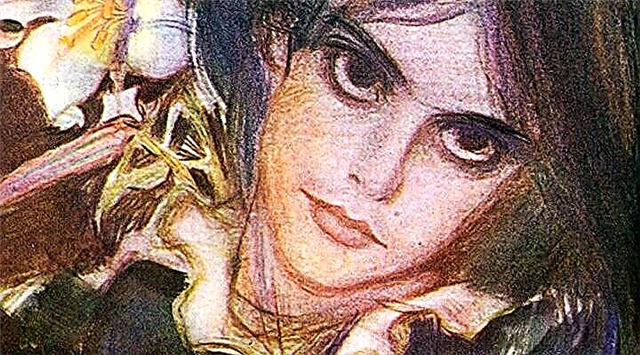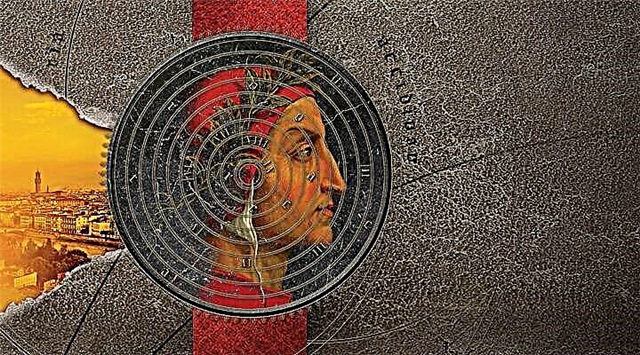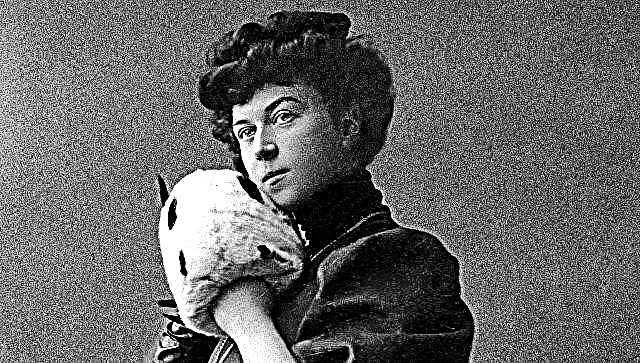(251 words) We rarely think about what books are. They surround us from childhood and become part of the familiar interior. However, quality literature is more than a stack of beautifully bound paper. This is the whole world of someone’s fantasy into which the reader is immersed.
Historically, the book was considered the source of knowledge accumulated by mankind. Chronicles and other ancient manuscripts were carefully kept in libraries. As a rule, libraries were at monasteries, which were very well guarded. Hard-working scribes worked there, who manually copied books and gave them a new life. Centuries ago, Johannes Guttenberg created the first printing press, and after that book printing became a very common activity. Secular literature began to develop actively. Rich people began to buy collected works for the home, and new works turned into occasions for discussion in society. A decent person needed to know what literary novelties have appeared recently. Then people realized that knowledge should not be kept away from people, it should be disseminated. There were more and more books. With their help, scientists from all over the world studied sciences. For example, it was from written scientific treatises that Lomonosov acquired many knowledge and opened the first university in Russia. In the future, literature took an important place in society. On the pages of their works, writers discussed politics, history, philosophy, society was enlightened, and soon such outstanding personalities as L.N. Tolstoy, began to open the first schools.
Since then, much has changed for the better thanks in large part to the distribution of books. They bring the light of knowledge to every home. Now, no matter how much money a person has, he can become smarter and more successful if he wants. This means that the book is a source of knowledge and opportunities.





